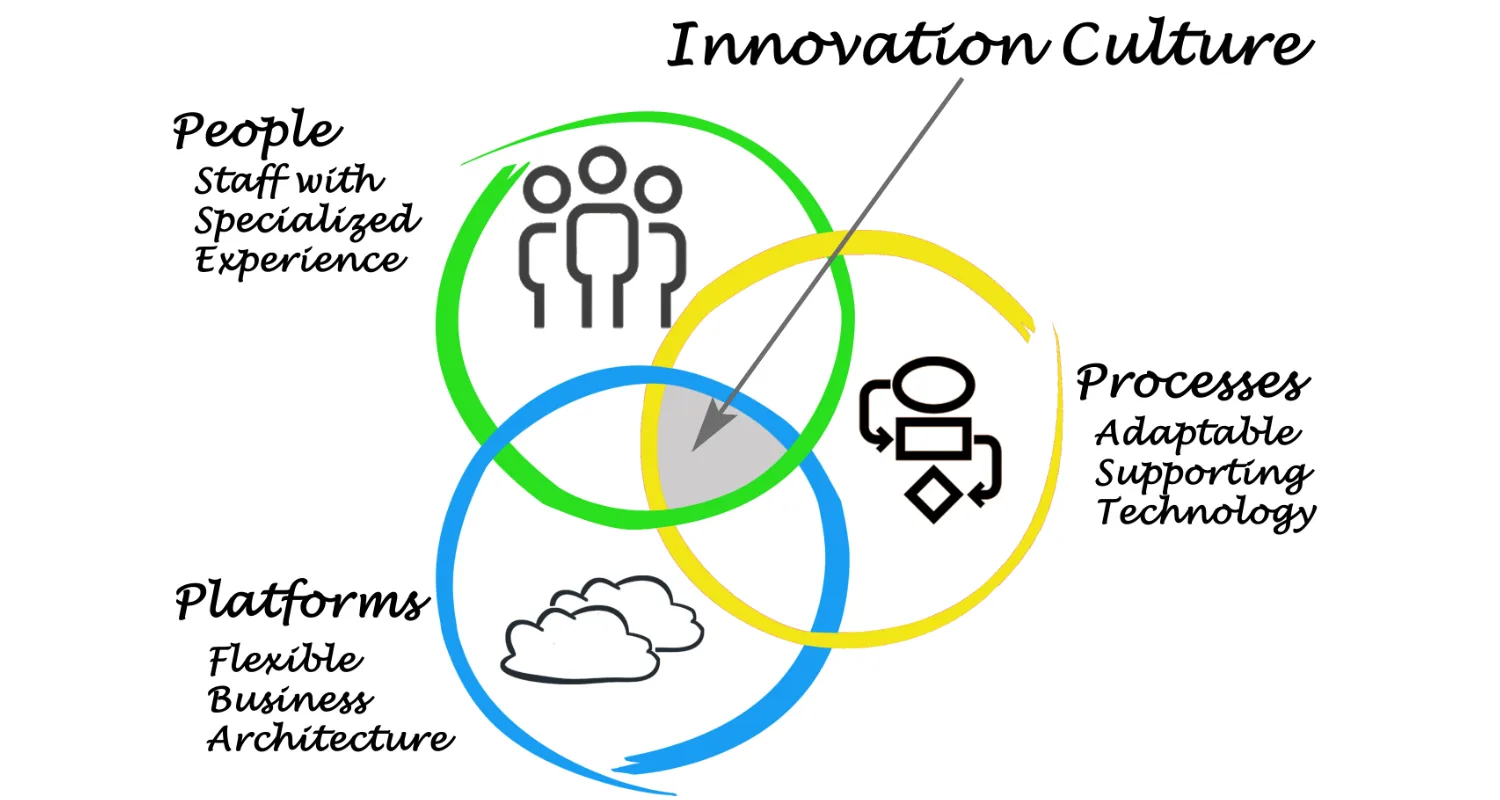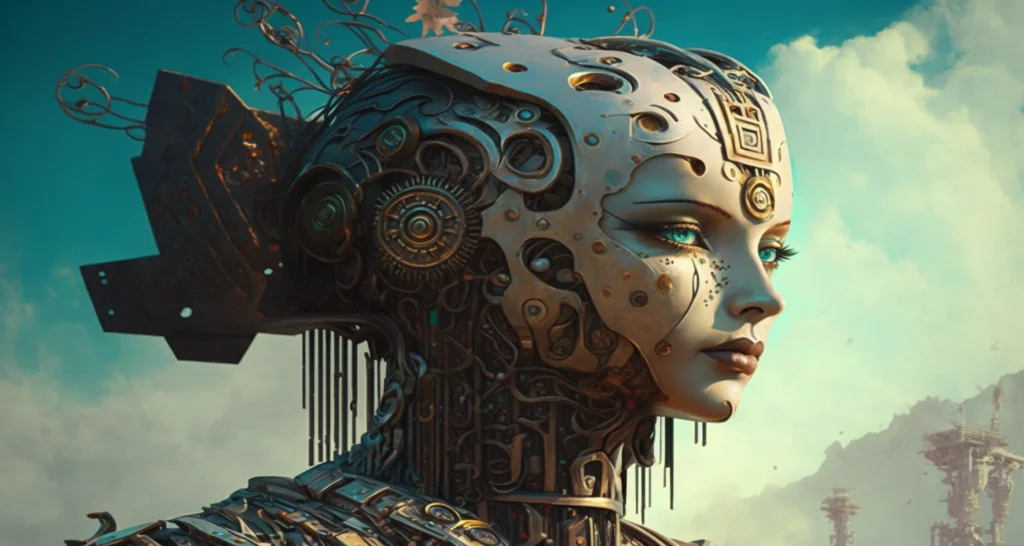Digitalization and digital transformation are dominant themes in the business world today. Companies big and small and across sectors and geographies are focused on transitioning to a digitized business model that will allow them to compete successfully in today’s competitive marketplace. Technologies like cloud computing, analytics, AI, and automation have the potential to transform enterprise performance in terms of operational efficiencies, innovation capabilities, and customer experience.

But digital is not merely a set of transformative technologies; it’s also a mindset and a culture. Though technology is a key driver of transformation, digitizing conventional business processes and practices alone may not be enough to generate a competitive advantage in the digital economy. Companies also need to embrace a cultural shift that reinvents and reorients the organization around the unique dynamics and opportunities of digital. Transitioning to a digital culture, where the emphasis is not just on deploying digital tools and solutions but on thinking and acting digital, is often the biggest challenge facing most companies.
New research from Capgemini suggests that organizational culture itself could hamper a company’s efforts at digital transformation. The annual study, which has been conducted since 2011, assesses companies’ digital culture across seven parameters such as innovation, collaboration, organizational openness, analytical aptitude, and a digital-first mindset, among others. There are three headline findings that emerge from this year’s edition of the study. One, over 60 percent of respondents rate corporate culture as one of the biggest hurdles to digitalization. Two, business leaders tend to be more confident about a company’s digital transformation strategy than their employees. And three, the cultural challenge has only gotten worse, by seven percentage points, across the last six years.
Innovation and disruption are possibly the overarching objectives of digital culture. Successful digital companies are known more for their almost cultural predisposition to innovate and disrupt existing industries and markets. They are typically characterized by enterprise-wide capabilities for innovation built on a strong foundation of digital technologies. But innovation and disruption have not always been a core purpose of conventional organizational culture. Most traditional companies were perfectly satisfied to focus on incremental improvements on their core products rather than pursue ambitious programs for reinvention. Disruption was something that even large companies like IBM and Lockheed Martin preferred to spin-off into independent culturally and procedurally air-gapped skunkworks programs.
But in digital culture, innovation is the core purpose of every enterprise. The digital economy has completely redefined the metrics of competitive advantage Like many erstwhile category leaders have since discovered, incremental improvements in product and service offerings are nowhere as nearly adequate to remain competitive. But according to the Capgemini research, only seven percent of companies surveyed could be deemed to have a culture of innovation. Here again, senior management was almost twice as likely to have a rose-tinted view of a company’s innovation culture than its employees.

An organization’s innovation quotient is quite distinct from its technological aptitude. The ability to innovate is driven more by the decision-making structures, the risk appetite, and the tolerance for failure than the company’s handle on digital technologies. For instance, the much-touted “fail fast, fail often” philosophy of the digital economy would not have had so much as a look-in in the risk-averse conservative cultural construct of the traditional enterprise. But innovation is the central tenet of corporate and business strategy today. So, an enterprise-centric and pervasive innovation culture will be central to a company’s ability to extract the maximum potential from disruptive technologies. Cultural transformation, therefore, will have to progress hand in hand with digital transformation in order to obtain the best business outcomes over the long term.
Collaboration is another key cornerstone of any successful innovation strategy. Innovation within the enterprise is not a department or function; it is an inclusive social process for collective and collaborative ideation and problem-solving. Over the past few years, technology has significantly opened up the possibilities of collaboration, with several open-sourcing models expanding the scope of innovation beyond enterprise borders. But here again, research reveals a disconnect between executives and employees on their company’s approach to collaboration. Just over 40 percent of employees perceive their organizations as stewards of collaboration as compared to 85 percent of top executives.
A culture of collaboration is critical for continuous innovation. An organization in tune with the potential of collaboration will be able to respond quickly to any opportunity by creating interdisciplinary teams that span functions, geographies, and organizational boundaries. The C-suite enthusiasm for collaboration is palpable. But the challenge is to channel it into creating the frameworks and structures required to cultivate a culture of collaboration.
Innovation has become an enterprise priority for business leaders across sectors and markets. Continuous innovation has become the imperative that will enable sustainable competitive advantage in a marketplace where the metrics of success are constantly shifting. But a unidimensional focus on digital technologies will not be enough to compete in this digital economy. Companies need to also focus on creating the cultural capacity to reimagine the game-changing possibilities of emerging technologies and to deliver innovations that increase the value for all stakeholders.













